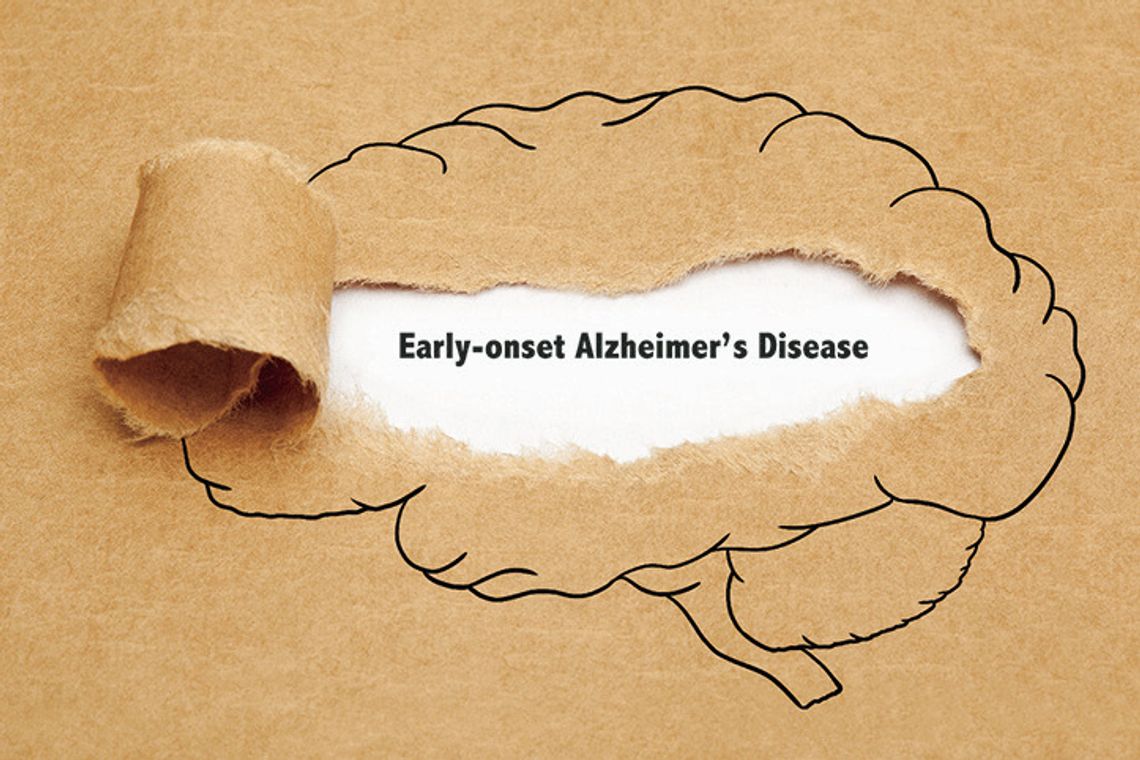Alzheimer’s disease is often viewed as a condition that predominantly affects the aging population. But for a specific subset of people, Alzheimer’s disease may be diagnosed long before retirement.
The Alzheimer’s Association says younger-onset Alzheimer’s disease, also known as early-onset Alzheimer’s, affects people who are under the age of 65. A small number of individuals experience early-onset AD, many of them when they are in their 40s and 50s. Early-onset AD is the most common cause of early-onset neurodegenerative dementia, according to the National Institutes of Health.
Experts aren’t quite sure what causes early-onset Alzheimer’s.
Johns Hopkins Medicine says doctors suspect that two proteins damage and kill nerve cells. Fragments of a protein called beta-amyloid build up and cause plaque to develop in the brain. Tau, another protein, twists and forms tangles.
While just about everyone develops plaques and tangles as they age, those with AD and early-onset AD develop a greater number. These tangles and plaques damage the memory areas of the brain first, and later affect additional areas.
Characteristics of early-onset AD may differ from AD that occurs later in life. Many people with early-onset Alzheimer’s don’t have significant memory loss initially, says Indiana University School of Medicine. Visual symptoms like “tunnel vision” often is the first indication of early-onset Alzheimer’s. An inability to recognize faces and impaired speech or difficulty coming up with words in conversation also can affect people with early- onset AD. Because these symptoms are atypical from AD, patients may not get a correct diagnosis or get the care they need. Early-onset AD often progresses much faster than late-onset, so diagnosis and prompt treatment is essential.
Very few single-site research studies have been conducted on early-onset AD, which means that it is difficult to pinpoint if a certain group is more susceptible to it than another. Family history of the disease is the only known risk factor at this time.
Being diagnosed with AD at any age is life-changing. Health care providers have found success in helping some people maintain mental function, control behavior and slow progression of the disease when caught early. Any abnormalities in memory, sight, speech, and behavior should be addressed with a doctor as soon as possible to rule out conditions like early-onset AD.
.png)







